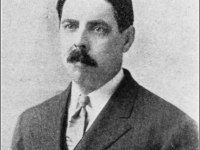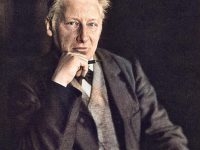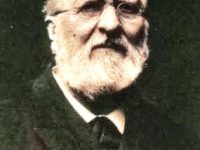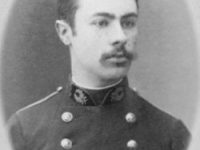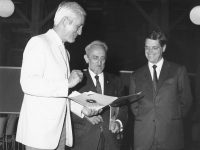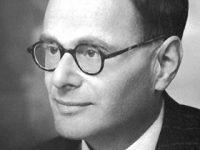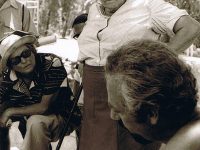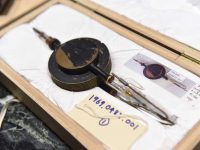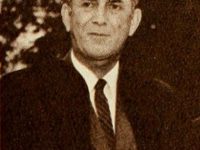Edward Thorndike and the Law of Effect
On August 31, 1871, American psychologist Edward L. Thorndike was born. Thorndike‘s work on Comparative psychology and the learning process led to the theory of connectionism and helped lay the scientific foundation for modern educational psychology. Edward Thorndike had a powerful impact on reinforcement theory and behavior analysis, providing the basic framework for empirical laws in behavior psychology with his Law of Effect. Youth and Education Thorndike, born in Williamsburg, Massachusetts, was…
Read more

